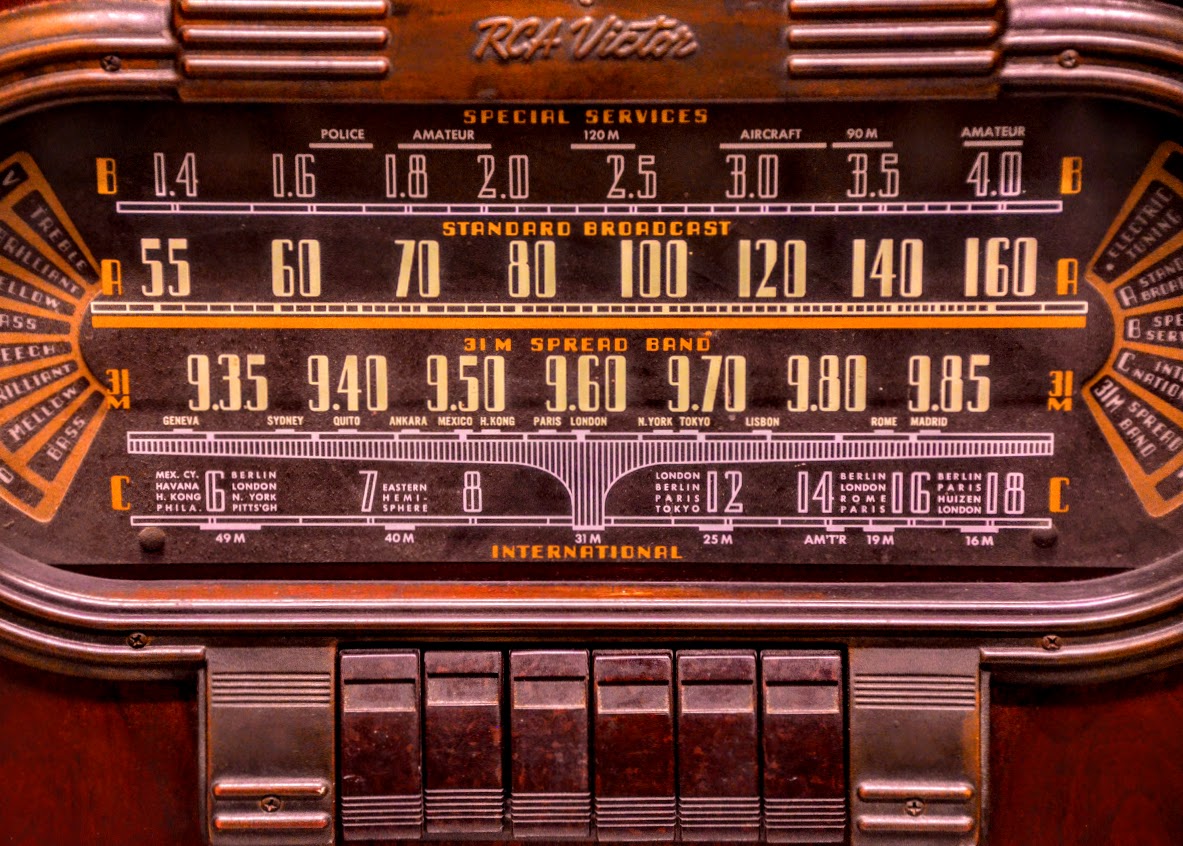 Many thanks to SWLing Post contributor, Bill Tilford, who shares the following announcement:
Many thanks to SWLing Post contributor, Bill Tilford, who shares the following announcement:
Dear radio friends, we are coming back after a brief hiatus August 20 as a monthly on the third Sunday of each month on WBCQ The Planet 7490 kHz on the shortwave bands from 6pm-7pm ET (currently 2200-2300 UTC). This is a time share with our other program, From The Isle of Music (on the first Sunday of each month) and Julio Cesar Pereira’s Ginga Brasil! (on the second and fourth Sunday). When there is a fifth Sunday it will be Doug’s Comedy Favorites.
 We will have two special guests on the 20th. Storms will be with us from India in the first half hour to present his new South Indian devotional music-jazz-fusion album by The Indica Project, Aum. Irina Sarbu will be with us from Romania in the second half hour to present her new jazz album At the End of July.
We will have two special guests on the 20th. Storms will be with us from India in the first half hour to present his new South Indian devotional music-jazz-fusion album by The Indica Project, Aum. Irina Sarbu will be with us from Romania in the second half hour to present her new jazz album At the End of July.
If you can’t catch us with your shortwave radio (some parts of Europe may have interference from other stations), we are not available on demand, but you CAN catch a livestream DURING THE BROADCAST ONLY at wbcq.com or use a web sdr (we do honor reception reports using web sdrs if you listen to the whole show and let us know which one, we also respond to correspondence if you listened on line).
 Many thanks to SWLing Post contributor, Alan Roe, who shares his A-24 (version 1.0) season guide to music on shortwave. Alan provides this amazing resource as a free PDF download:
Many thanks to SWLing Post contributor, Alan Roe, who shares his A-24 (version 1.0) season guide to music on shortwave. Alan provides this amazing resource as a free PDF download:

